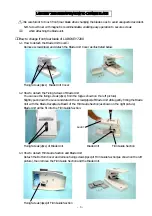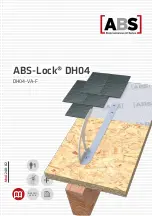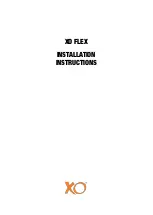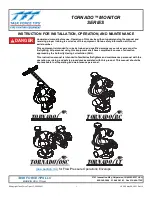
44
eFlow
®
rapid
Possible alternative:
Chemical disinfection
In general, disinfectants based on quater-
nary ammonium compounds are suitable
for use in disinfecting the nebuliser
handset, including the aerosol head.
When choosing the chemical, please
ensure that it is suitable for disinfecting
medical devices made from the specified
materials (see "Materials used" on
page 51).
Follow the instructions for use of the disin-
fectant, particularly the dosage informa-
tion and instructions for safe use.
The effectiveness of this method has been
tested with a 2% solution of Bomix
®
plus
(Bode) for an application time of
5 minutes.
Controller and connection
cord
Clean the housing surface of the controller
and the cable as necessary with a clean,
damp cloth.
Storage
Between applications, particularly for pro-
longed breaks in therapy, keep the nebu-
liser handset in a clean, dust-free place
(e.g., nebuliser handset bag).
Pack the controller, the power adapter and
the connection cord in the case provided
for this purpose.
NOTE:
Do not hold the controller under running
water and do not use liquid cleaning
agents. If liquid gets into the controller the
electronics may be damaged and the
device may no longer function properly.
If liquid does get into the controller, con-
tact the local service partner immediately.
NOTE:
Leaking batteries may cause damage to
the controller. Therefore, remove the bat-
teries or rechargeable batteries if the
nebuliser system is not expected to be
used for a relatively long period of time.
Summary of Contents for eFlow Rapid 178G1005
Page 1: ...Gebrauchsanweisung Instructions for Use nebuliser system...
Page 6: ...2 eFlow rapid 04 18...
Page 32: ...28 eFlow rapid 04 18...
Page 58: ...54 eFlow rapid 04 18...
Page 108: ...104 eFlow rapid 04 18...
Page 134: ...130 eFlow rapid 04 18...
Page 160: ...156 eFlow rapid 04 18...
Page 186: ...182 eFlow rapid 04 18...
Page 259: ......
















































